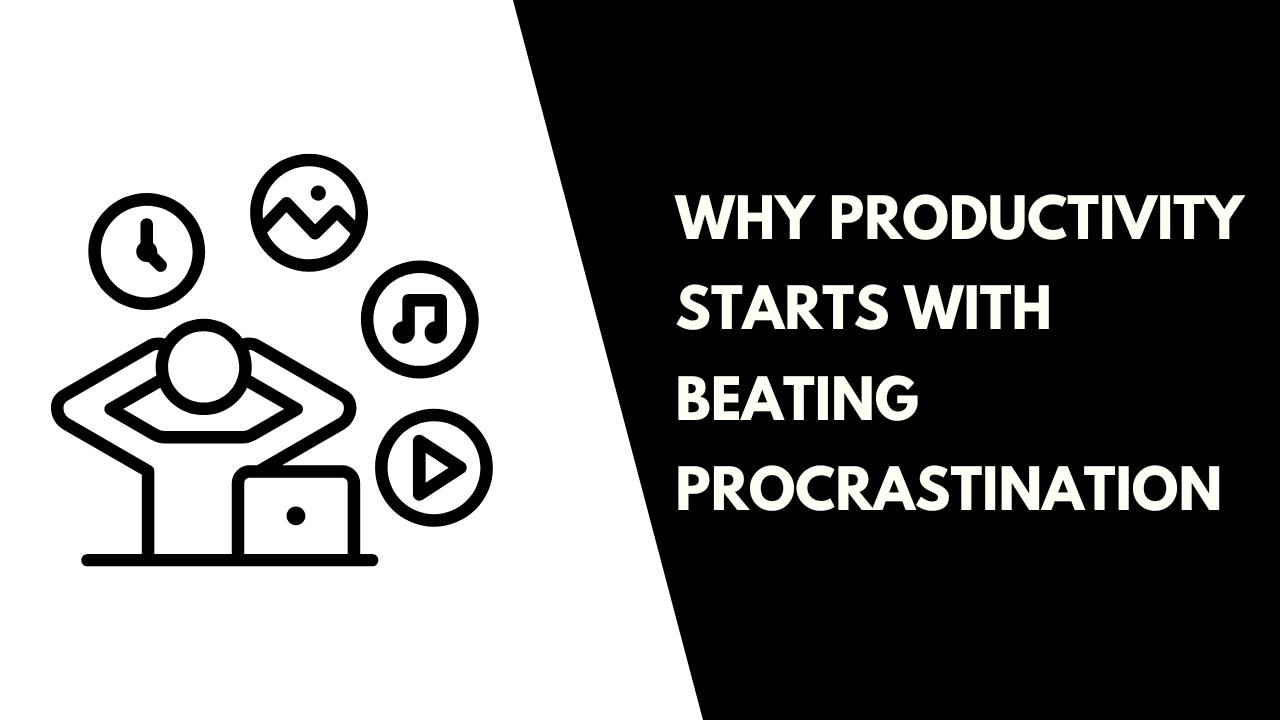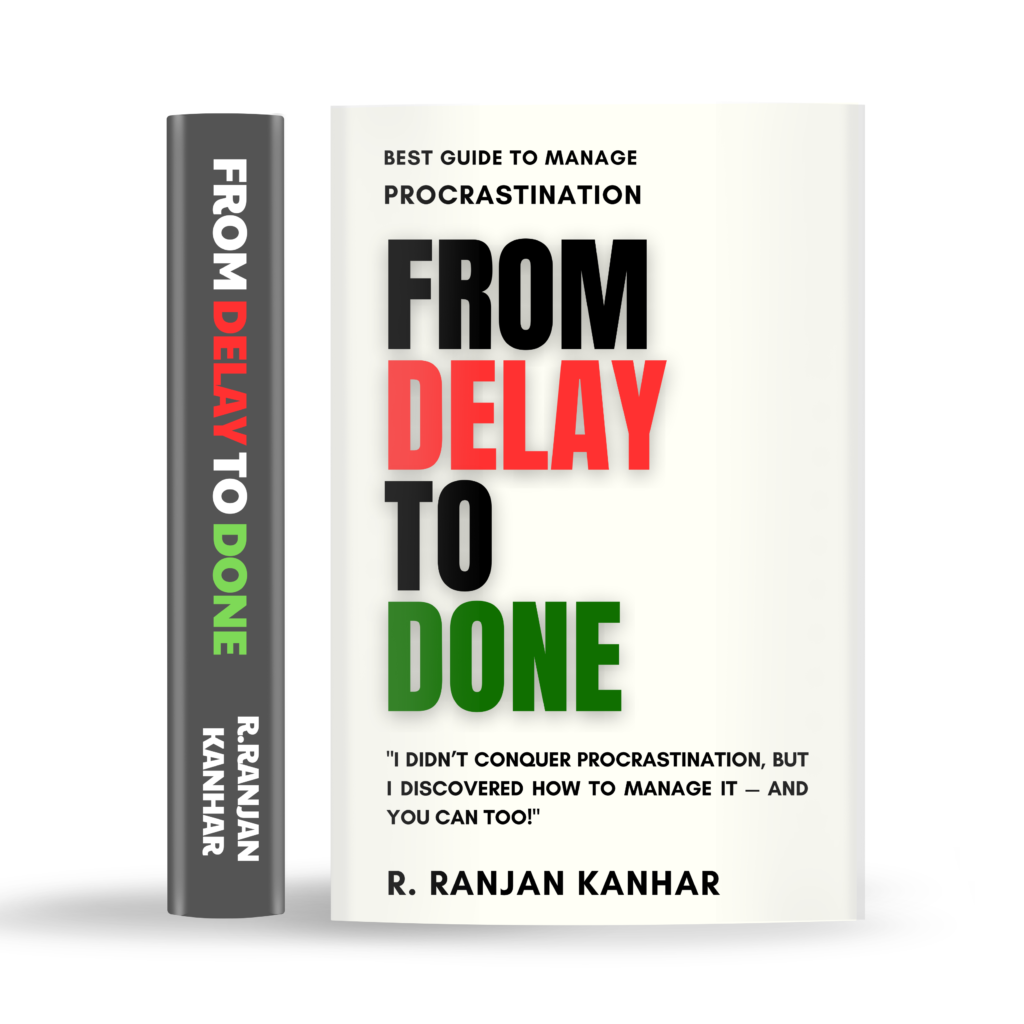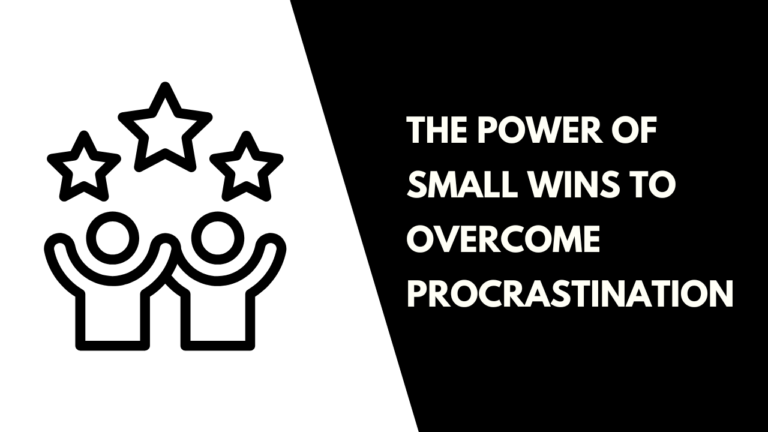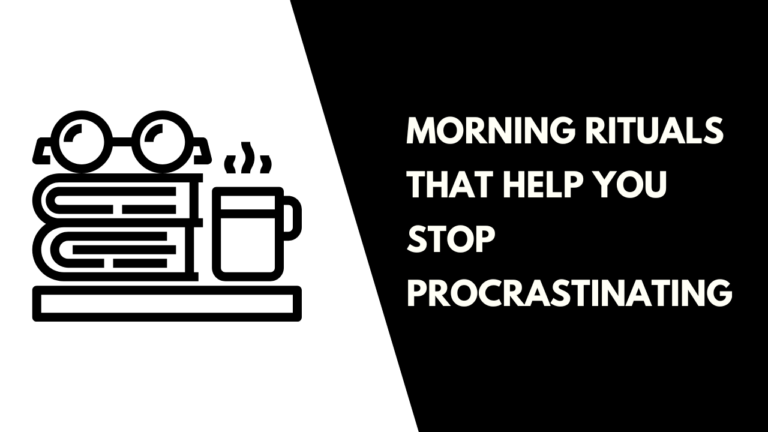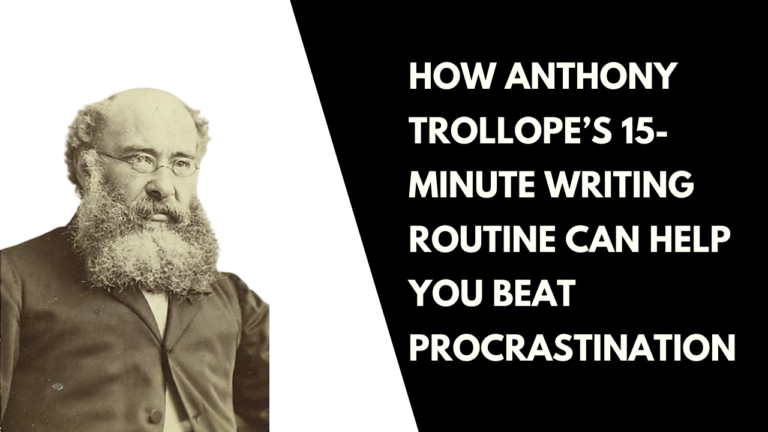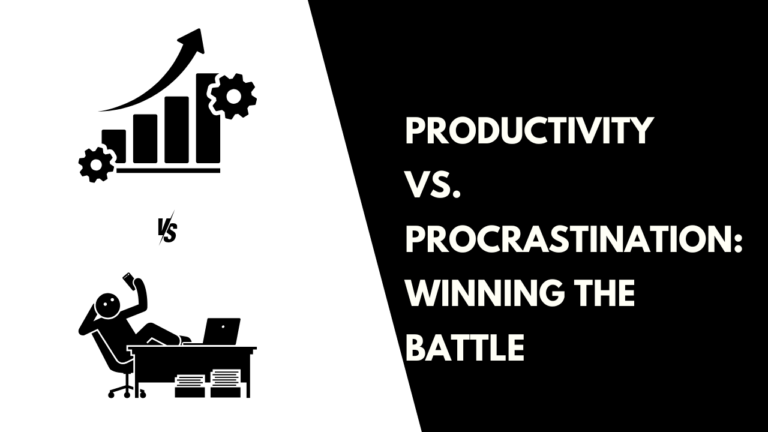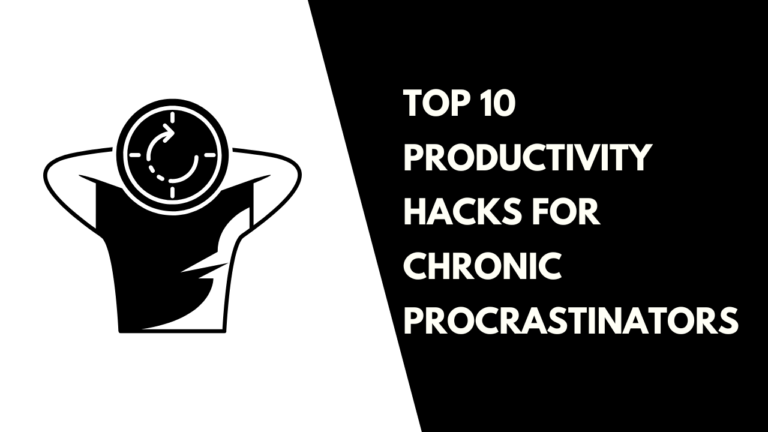Why Productivity Starts with Beating Procrastination
Why Productivity Starts with Beating Procrastination
Procrastination – it’s the quiet thief of time that lurks in the corners of our lives, whispering, “There’s always tomorrow.” It’s easy to succumb to its charm, but doing so often leaves us scrambling to meet deadlines, feeling stressed, and falling short of our potential. Beating procrastination isn’t just about doing things on time; it’s about taking control of your life, boosting productivity, and unlocking opportunities that would otherwise slip away. Let’s dive deep into why productivity starts with beating procrastination and how you can tackle it head-on.
Table of Contents
ToggleWhat is Procrastination?
Procrastination is the act of delaying or postponing tasks, often replacing high-priority actions with less important ones. While it might feel harmless in the moment, its long-term effects can be detrimental. Think about the times you put off studying for an exam or delayed an important work project. Those moments of delay often lead to last-minute panic and subpar results.
Why Do We Procrastinate?
Before beating procrastination, it’s essential to understand why it happens. Here are some common reasons:
- Fear of Failure: You might avoid starting tasks because you’re afraid you won’t do them well.
- Perfectionism: Waiting for the “perfect moment” can leave you perpetually stalled.
- Overwhelm: Facing a massive project can make you feel paralyzed and unsure where to begin.
- Distractions: Social media, Netflix, or endless scrolling can steal your attention.
- Lack of Motivation: When tasks feel uninspiring, putting them off feels like the easy choice.
Take Sarah’s story, for example. A freelance graphic designer, she often found herself delaying client projects because they felt overwhelming. Deadlines loomed, her stress levels skyrocketed, and her creativity suffered. Sarah’s struggle is one many of us can relate to – but the good news is that beating procrastination is possible.
The Cost of Procrastination
Procrastination doesn’t just waste time; it impacts every area of life. Here’s how:
- Lower Productivity: The more you delay, the less you accomplish.
- Increased Stress: The pressure of unfinished tasks can weigh heavily on your mental health.
- Missed Opportunities: Delaying action can mean missing career advancements, personal growth, or life-changing chances.
- Eroded Self-Confidence: Constant delays can make you doubt your abilities.
Remember that productivity isn’t just about working hard; it’s about working smart. And the first step to working smart is beating procrastination.
Beating Procrastination: Actionable Strategies
Let’s explore practical ways to tackle procrastination and boost productivity.
1. Break Tasks into Smaller Steps
When a task feels overwhelming, breaking it into smaller, manageable chunks can make it less intimidating. For instance, instead of thinking, “I need to write a 10-page report,” focus on drafting the outline first. Completing one small step motivates you to tackle the next.
Example: John, a college student, dreaded writing his thesis. By breaking it into smaller tasks—research, outline, draft, edit—he avoided burnout and completed it on time.
2. Use the Two-Minute Rule
If a task takes less than two minutes, do it immediately. This method helps you clear small items off your list, creating momentum to tackle bigger projects.
Example: Instead of letting unread emails pile up, commit to responding to short messages immediately. This reduces clutter and keeps you organized.
3. Set Clear Goals and Deadlines
Vague tasks like “Work on the presentation” lack urgency. Instead, set specific goals like “Create slides 1-5 by 3 PM.” Having clear objectives and deadlines keeps you focused and accountable.
4. Remove Distractions
Distractions are the biggest enablers of procrastination. Identify your triggers—whether it’s social media, noise, or an untidy workspace—and eliminate them.
Action Tip: Use apps like Freedom or StayFocusd to block distracting websites during work hours.
5. Practice Time Blocking
Time blocking involves dedicating specific time slots to tasks. For example, allocate 9-10 AM to brainstorming ideas and 10-11 AM to drafting. This technique ensures you focus on one task at a time.
6. Adopt the Pomodoro Technique
Work in short bursts of 25 minutes (a “Pomodoro”), followed by a 5-minute break. After completing four Pomodoros, take a longer 15-30 minute break. This method keeps you energized and prevents burnout.
Example: Maria, a content writer, used the Pomodoro technique to write blog posts efficiently, balancing productivity with rest.
7. Celebrate Small Wins
Every completed task, no matter how small, is a victory. Celebrate these moments to stay motivated.
Example: Reward yourself with a short walk, a treat, or a favorite song after finishing a challenging task.
8. Focus on the “Why”
When motivation wanes, remind yourself of the bigger picture. Why is this task important? How does it contribute to your goals?
Example: Emma, a small business owner, visualized her dream of growing her brand whenever she felt tempted to procrastinate on marketing tasks. This kept her driven.
9. Surround Yourself with Accountability
Share your goals with a friend or mentor who can check in on your progress. Knowing someone is rooting for you (and might ask for updates) can keep you on track.
10. Be Kind to Yourself
Remember, beating procrastination is a journey, not a one-time fix. Don’t dwell on past delays. Instead, focus on making progress today.
Real-Life Example of Beating Procrastination
Meet Raj, a software developer who struggled with meeting deadlines due to his habit of procrastinating. He’d spend hours on YouTube or social media, convincing himself he’d “start later.” Eventually, Raj implemented the strategies above:
- He broke his coding tasks into smaller chunks.
- Used time-blocking to schedule focused work hours.
- Rewarded himself with 15 minutes of gaming after completing milestones.
Within weeks, Raj noticed a significant boost in productivity. Not only did he meet deadlines, but he also felt more confident and less stressed.
Why Productivity Starts Here
Beating procrastination is the foundation of productivity because it shifts your mindset from avoidance to action. Each time you overcome the urge to delay, you build discipline and momentum. This creates a ripple effect: tasks get done, stress decreases, and your confidence grows.
Imagine a day where you’ve ticked off everything on your to-do list. That sense of accomplishment isn’t just satisfying—it’s empowering. And it all begins with beating procrastination.
Your Next Steps
Ready to take control? Start small. Choose one strategy from this list and apply it today. Maybe it’s breaking down a big project or setting a timer for focused work. Whatever you choose, commit to action.
Final Thoughts
Procrastination might be a universal struggle, but it doesn’t have to define your productivity. By understanding its roots, implementing practical strategies, and celebrating your progress, you can transform your habits and achieve more than you ever thought possible. Remember, the key to beating procrastination lies in taking that first step—today, not tomorrow.
“Stop postponing your dreams! From Delay to Done is your ultimate guide to conquering procrastination. Grab your copy today on Amazon!
